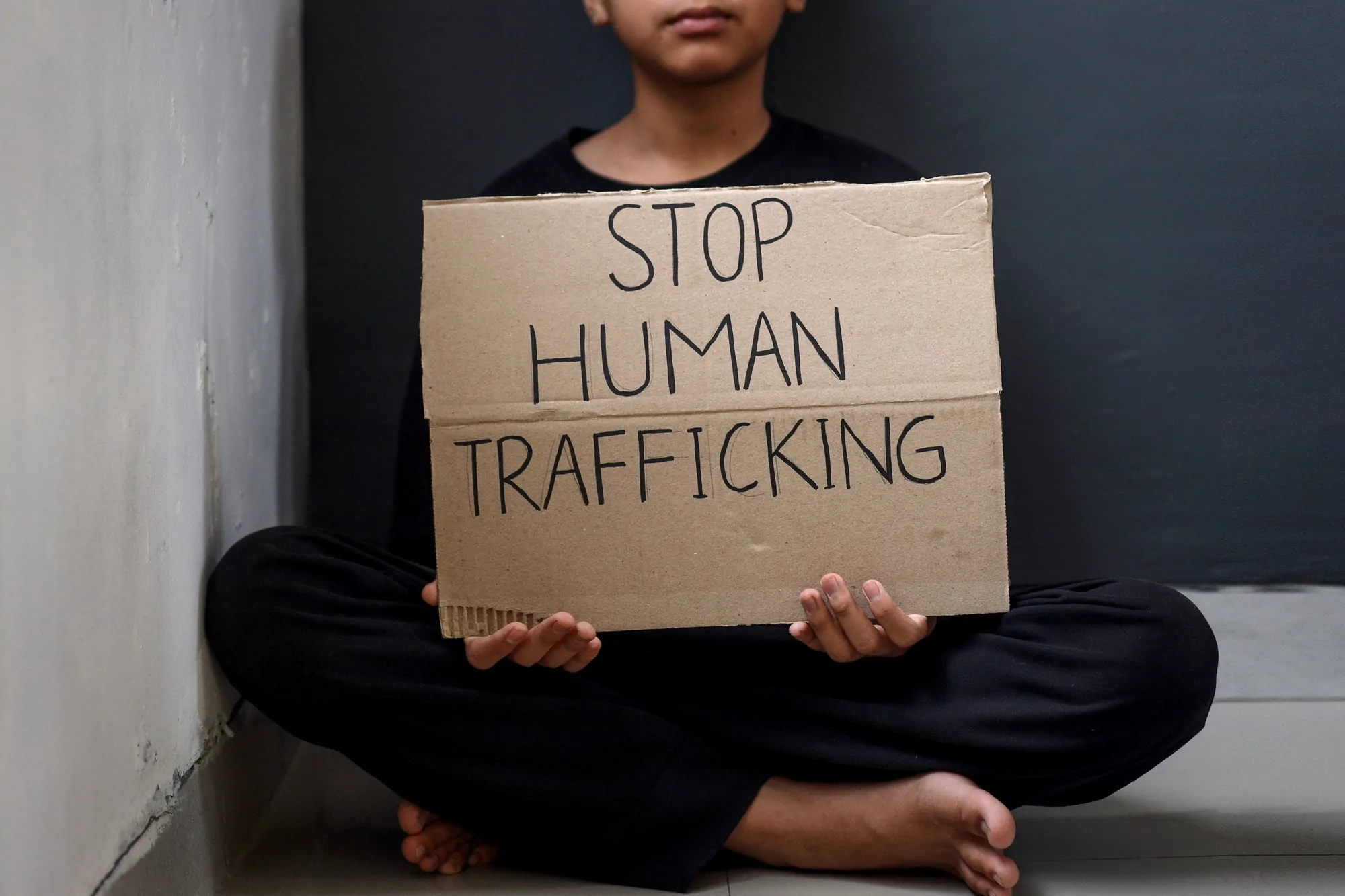
Perry, Iowa — October 29, 2025 — The Iowa Department of Public Safety (DPS), working with the Iowa Division of Criminal Investigation (DCI) and the Perry Police Department, announced that 41-year-old Amanda Jean Goff has been formally charged with First-Degree Human Trafficking, a Class A felony in Iowa.
(Source: Iowa Department of Public Safety)
According to the criminal complaint, investigators allege that in January 2025, Goff brought a 14-year-old girl to a hotel in Perry for the purpose of engaging in commercial sexual activity with another person. Goff was already in custody on related offenses and was formally charged on October 29, 2025. Authorities emphasize that a charge is merely an accusation until proven in court.
The investigation was a joint effort involving city, county, state, and federal partners, with technical support from the Iowa Office to Combat Human Trafficking (OTCHT).
Why This Case Matters for the Hotel Industry
Table of Contents
ToggleThis case serves as a critical warning for hotels, motels, and lodging operators nationwide. Hotels can inadvertently become venues for exploitation when robust screening systems are not in place. Even a single oversight can result in devastating consequences for victims, hotel staff, and corporate reputation.
Human trafficking often hides behind legitimate hotel bookings — and traditional check-in procedures such as ID verification and payment processing are not always enough to detect criminal activity.
This is why implementing advanced guest screening tools like Guest Ban, sex offender searches, and criminal background checks is essential for the modern hospitality industry.
What Could Have Been Prevented with Guest Ban
Using Guest Ban’s comprehensive criminal and sex offender search technology, individuals like the suspect in this case could have been flagged before check-in. Guest Ban performs real-time background screening, public record matching, and registry checks, alerting hotel operators to potential risks before a key is ever issued.
This incident raises a crucial question:
How many hotels have unknowingly allowed similar situations to occur due to a lack of preventive screening?
Hotels that fail to vet their guests may inadvertently become part of the broader trafficking problem. The hospitality industry must shift from reactive response to proactive prevention.
How Hotels Can Strengthen Safety and Compliance
1. Implement a Guest Ban System
Maintain a secure Guest Ban List to identify and restrict access for individuals involved in prior illegal activity, property damage, or criminal conduct.
Integrate this list with your property management system (PMS) or Guest Ban’s cloud platform for automatic alerts during check-in.
2. Conduct Sex Offender Searches
When legally permitted, cross-reference guest names against state and national sex offender registries. In Iowa, these records are publicly available and can help hotels deny accommodation to known offenders or apply additional safety protocols.
3. Utilize Criminal Background Screening
Guest Ban and similar tools allow hotels to perform compliant, on-demand criminal background checks for extended stays, group bookings, and other high-risk reservations. This added layer of verification can prevent exploitation before it begins.
4. Train Staff to Recognize Trafficking Indicators
Equip all employees — from front desk to housekeeping — with human trafficking awareness training. Key red flags include minors traveling with unrelated adults, frequent room changes, cash payments from third parties, or excessive foot traffic in guest rooms.
5. Establish Clear Policies and Procedures
Update hotel policies to explicitly prohibit commercial sexual activity, solicitation, and exploitation on property. Include language in guest agreements authorizing hotels to refuse service to anyone posing a safety or reputational risk.
The Legal and Reputational Imperative
A single trafficking incident tied to a property can result in:
- Civil lawsuits and financial penalties
- Loss of franchise rights
- Permanent damage to brand reputation
- Increased scrutiny from law enforcement and regulators
Prevention measures like Guest Ban, sex offender registry checks, and consistent staff training cost far less than the long-term consequences of being associated with criminal activity.
Conclusion
The October 29, 2025 arrest in Perry, Iowa highlights the urgent need for stronger hotel guest screening and monitoring practices.
If a Guest Ban system had been in place, this individual likely would have been flagged immediately, preventing access and potential exploitation.
The hospitality industry must act now. Every hotel, regardless of size or brand, has a moral and operational responsibility to ensure their property cannot be used as a platform for trafficking or abuse.
Using Guest Ban is not just about compliance, it’s about protecting lives, reputations, and the integrity of the industry itself.
